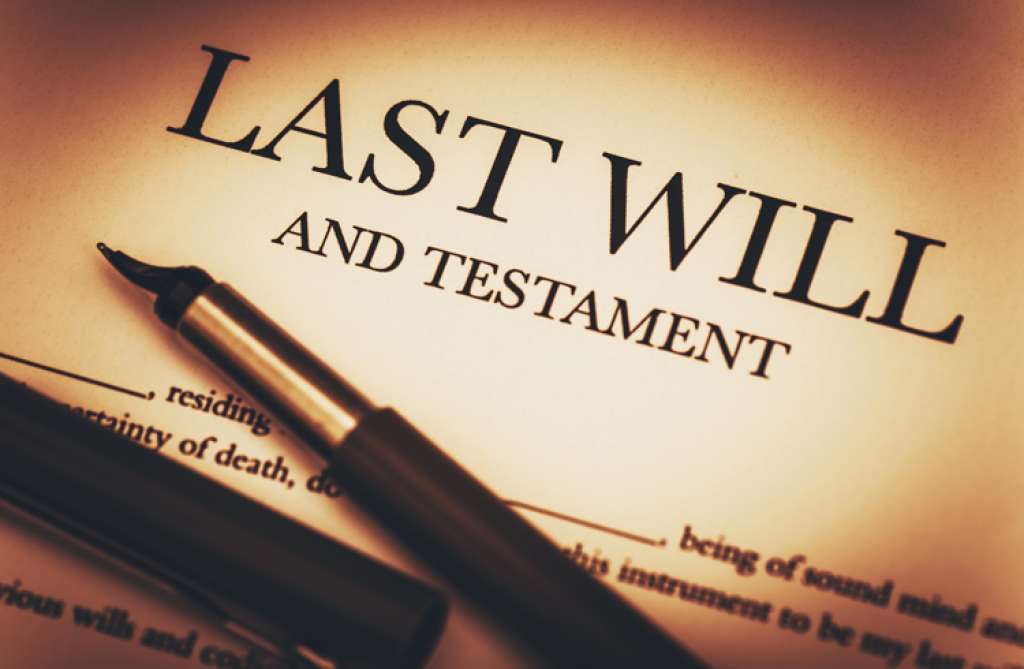
Buying a property can be a huge moment in anyone’s life, and often one of the most stressful. When you become a homeowner there will be lots of new responsibilities and demands on your time, and it is also really important to think about how you own the property and what would happen to it if something should happen to you.
Perhaps you are buying a property with a spouse or your partner or with friends, and as part of the conveyancing process you will be asked if you wish to own the property as joint tenants or tenants in common. This legal jargon is actually really important to determine what will happen to the property on your death. For example, perhaps you co-own a property with someone other than your significant other; you may be ‘joint tenants’ or ‘tenants in common’ of that property. If you are joint tenants then upon your death it will pass automatically to the surviving co-owner(s) and not in accordance with your Will. Is that what you would want? So I would always advise checking how you own property jointly so as to be able to leave your share in it to your chosen beneficiaries.
It is also really important to make a Will, to ensure your wishes are carried out. Whenever you have assets in your name whether solely or jointly you should consider making a Will. To not think about this at such time can leave your family members or loved ones with complications in the future, and while death is not something people like to think about, especially when there are many other expenses involved in home ownership that may seem more important, the investment in a Will can ensure that the investment you have made in property remains protected.
You should be aware that a Will can only deal with property you own, either in your sole name, or your share of that property if jointly owned with others.
If you were to die without a valid Will, you would be deemed to have died “intestate”. So what happens if someone dies without a Will? Their estate is distributed according to the rules of intestacy, which may not be what you would have chosen. Depending on the size of the estate and whether there are any children alive, then any surviving spouse may inherit the majority of the estate, but not necessarily everything. The intestacy rules do not benefit unmarried partners, step-children, more distant relatives, friends or charities. It is often thought that unmarried partners have rights of inheritance but they do not automatically, and depending on whether you are joint tenants or tenants in common can lead to unhappy and unintended consequences at a time when loved ones are dealing with bereavement and emotions are running high, leaving your partner in a vulnerable position.
By making a Will you are ensuring that your wishes are made clear, and that you have appointed people you trust as your executors to carry them out on your behalf. Neither are guaranteed without a Will. A Will gives you peace of mind but it also enables your family members to more simply deal with your estate, and help them navigate the probate process with authority derived from a valid Will.
But once you have made your Will, don’t just forget about it, your circumstances will constantly evolve, and other life changing events may occur (sometimes sooner than you expect!) like having children or financial changes to your circumstances, and at times like these I would recommend that you again review your Will to ensure for example, you have made provision for appointing guardians for your children, and that you are leaving your estate as you wish to reflect your new circumstances. You should consider at what age you would be happy for any children to inherit, do you think they will need the money at 18, perhaps for university funding, or would you be more comfortable with them being older before they are entitled to receive any large sums? Who would you want to be their trustees, to look after the money for them in the meantime? All of these issues and questions can be discussed and included within a professionally drafted Will.
In today’s age of evermore complicated families, with second marriages and step families, it is even more important to make a Will. You may want to ensure that your spouse does not inherit all or the majority of your estate without making provision for safeguarding your assets for your own respective children. This can be done through the use of Trusts, where your spouse can have the right to the income from your assets, or the right to reside in any property, for the rest of their life, but the capital is preserved for your children. This structure can also have benefits for care fees funding and provide flexibility for the future.
Having a Will is important, so don’t delay, check it off your to do list to ensure you protect your investment and there is peace of mind for you and your loved ones.